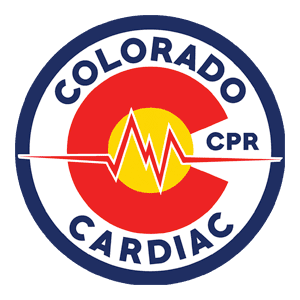Eating on the GO for Healthcare Workers and EMS Professionals
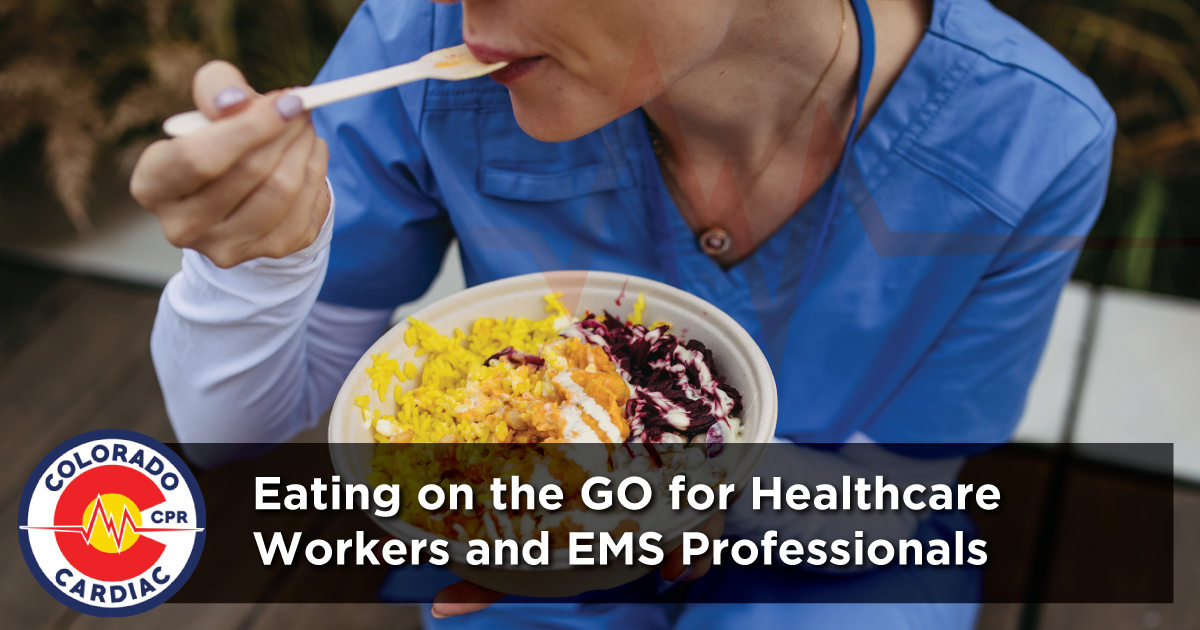
NEWS YOU CAN USE:
Healthcare workers are a group of professionals exposed to challenging dietary choices and comfort food due to stress, being on the go, shift work, and being called into action at any time. This group of professionals can include but are not limited to nurses, CNAs, PT, OT, physicians, police, firefighters, EMT and paramedics and many more who work in hospitals, physician’s offices and fire stations. Shift work has a negative impact on both one’s lifestyle and health. One of the negative consequences is the disruption of regular mealtimes and eating at night. This disruption presents problems with digestion disorders, sleep disorders, increased risk of obesity, impaired glucose intolerance, increased blood pressure which leads to an increased risk of cardiovascular disease. Nocturnal eating can lead to certain types of cancer including colon and prostate cancer and the malabsorption of certain medications and nutrients. It’s reasonable to think that when a health care professional takes care of themselves and their own health, in turn they will take better care of their patients.
WHAT YOU CAN DO:
Shift workers often eat processed, ready to eat meals that are high in saturated fat, sodium and sugar (the 3 deadly S’s). Below are several ways to aide shift workers in their health, food choices and meal plans.
- Stay hydrated – Staying hydrated is crucial for good health and immunity. Water is the best choice, and, if you like, add a slice of lemon, apple, or orange to your water for taste. There are many wonderful recipes for infused water to satisfy your palate without calories, sugar or caffeine.
- Limit caffeine – Caffeine has been known to increase blood pressure by working on your sympathetic nervous system. As a health care professional or an emergency responder your sympathetic nervous system is already elevated so adding caffeine to your diet only stresses your cardiovascular and nervous system in a negative way due to the synergist stimulant effect.
- Eat – Smaller frequent meals throughout your shift. When grazing, combine carbohydrates and protein to diminish your sweet tooth and cravings. Skipping meals sets you up for cravings, emotional eating and hunger pangs that leave you making poor food choices.
- Plan ahead – meal planning is key to improving your health. Weekly batch cooking minimizes your need to cook every day and eliminates wasted time trying to figure out what to eat.
- Pack your own meals – Meals from home ought to include these three key elements: 1. Calories to fuel your activity level, 2. Protein to help you feel full longer throughout the day 3. Fruits and vegetables to provide essential micronutrients to boost your energy, cognitive awareness and immunity.
- Avoid sugary foods – Eating large portions contributes to weight gain. However, sugar makes you fat, not fat! Sugar can cause you to crash leading to unneeded calories impacting your waist line.
- Stay far from vending machines and baked goods from colleagues
HEART ATTACK SYMPTOM of the MONTH: Shortness of breath with or without chest discomfort.
CPR TRIVIA: The typical victim of cardiac arrest is a man in his early 60’s and a woman in her late 60’s.
QUESTIONS TO ASK YOURSELF:
- Identify: When you are hungry and eating out of physiological need during your shift?
- Describe: What is your consistent eating plan with room for a hectic and demanding schedule?
- List: What comfort foods do you choose to consume when you are not hungry that help fuel your emotions?
ADDITIONAL INFORMATION:
- For American Heart Association BLS -CPR, First Aid, PALS certification training contact our office at 720.639.2623 or www.3cpr.org
- For Mental Health First Aid certification or mental health workplace workshops contact: Roxanne at Rox@3cpr.org
- For tailored Health and Wellness Lunch -n-Learns or presentations contact: Roxanne at Rox@3cpr.org
- When enrolling for a BLS, CPR, First Aid or PALS class, use promo code 3CPRBLOG for a 15% discount!
BLOG WRITTEN BY:
Sophie Mabry, M.A.,
ACSM Exercise Physiologist, EIM II, Certified Health and Wellness Coach, Sports Nutritionist, Mental Health First Aid Responder, BLS CPR and First Aid Instructor, former EMS professional.
REFERENCES:
- American Nurse Association. https://preprodojin.nursingworld.org September 30, 2014
- How to eat healthy when you have no time. John Hopkins. http:// www.hopkinsmedicine.org
- Nursing Journal. https://www.nursejournal.org November 19, 2022
- Tips for healthy food on the go. Harvard Health Medical School. March 11,. 2024
Related Posts
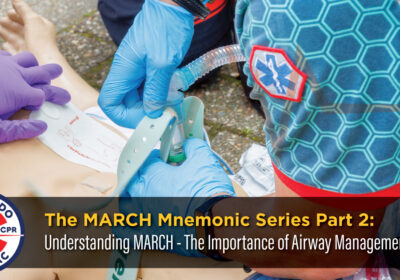
Understanding MARCH – The Importance of Airway Management
From the MARCH Mnemonic Series – Tactical Trauma Care for EMS ProvidersFollowing the control of…
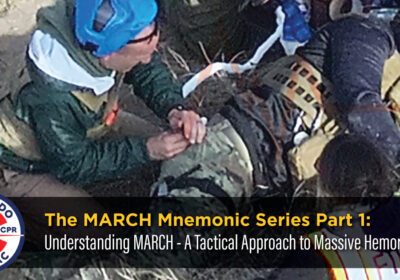
Understanding MARCH – A Tactical Approach to Massive Hemorrhage
In prehospital medicine, chaos is a constant. Whether in combat zones, tactical operations, or austere…
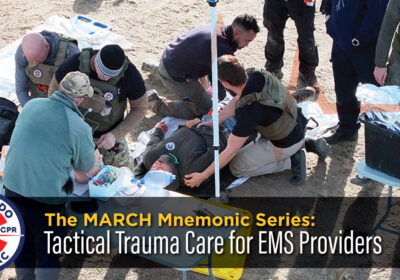
The MARCH Mnemonic Series – Tactical Trauma Care for EMS Providers
When seconds count and conditions are unpredictable, the MARCH mnemonic. provides a clear, evidence-based sequence…
